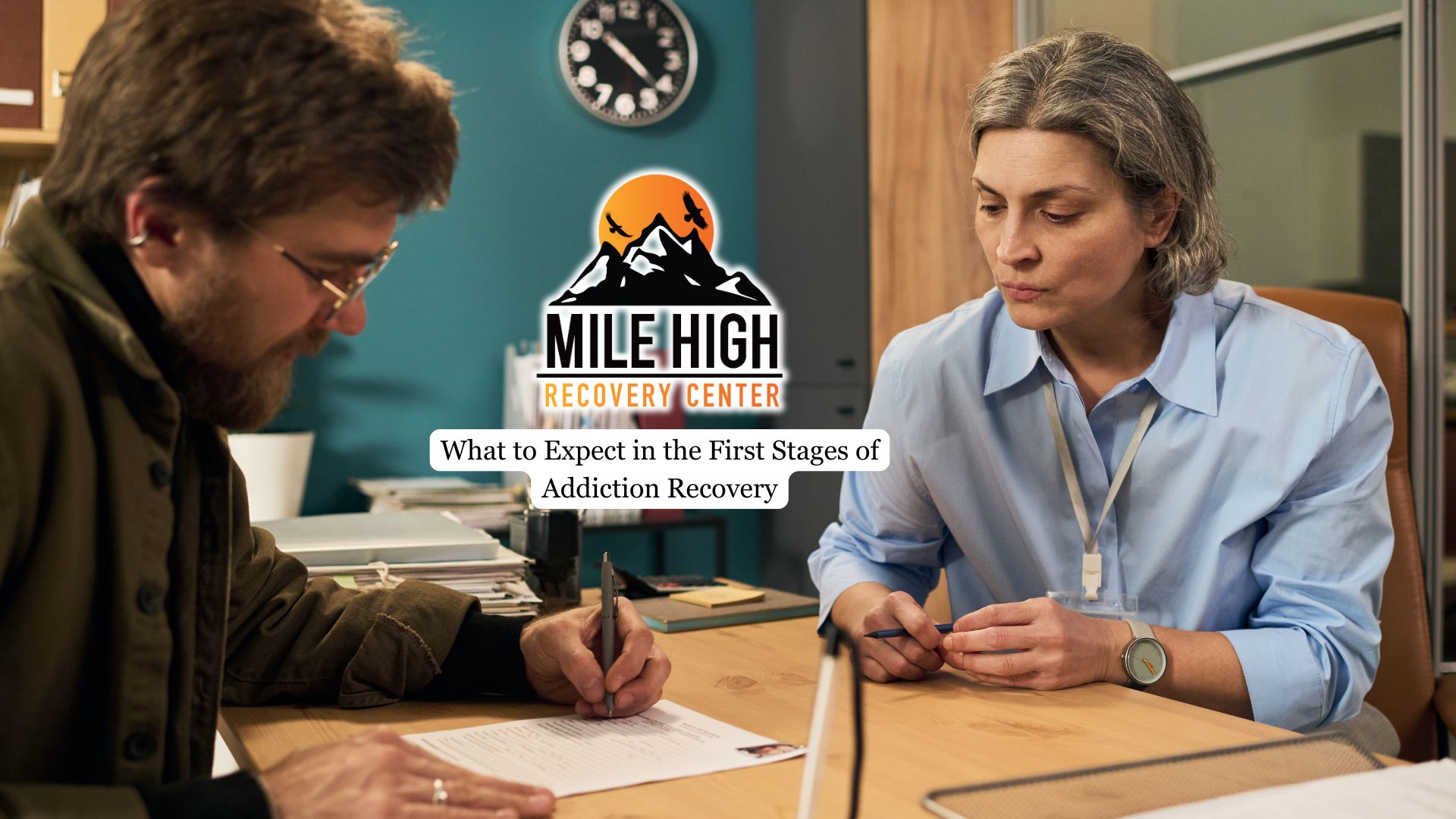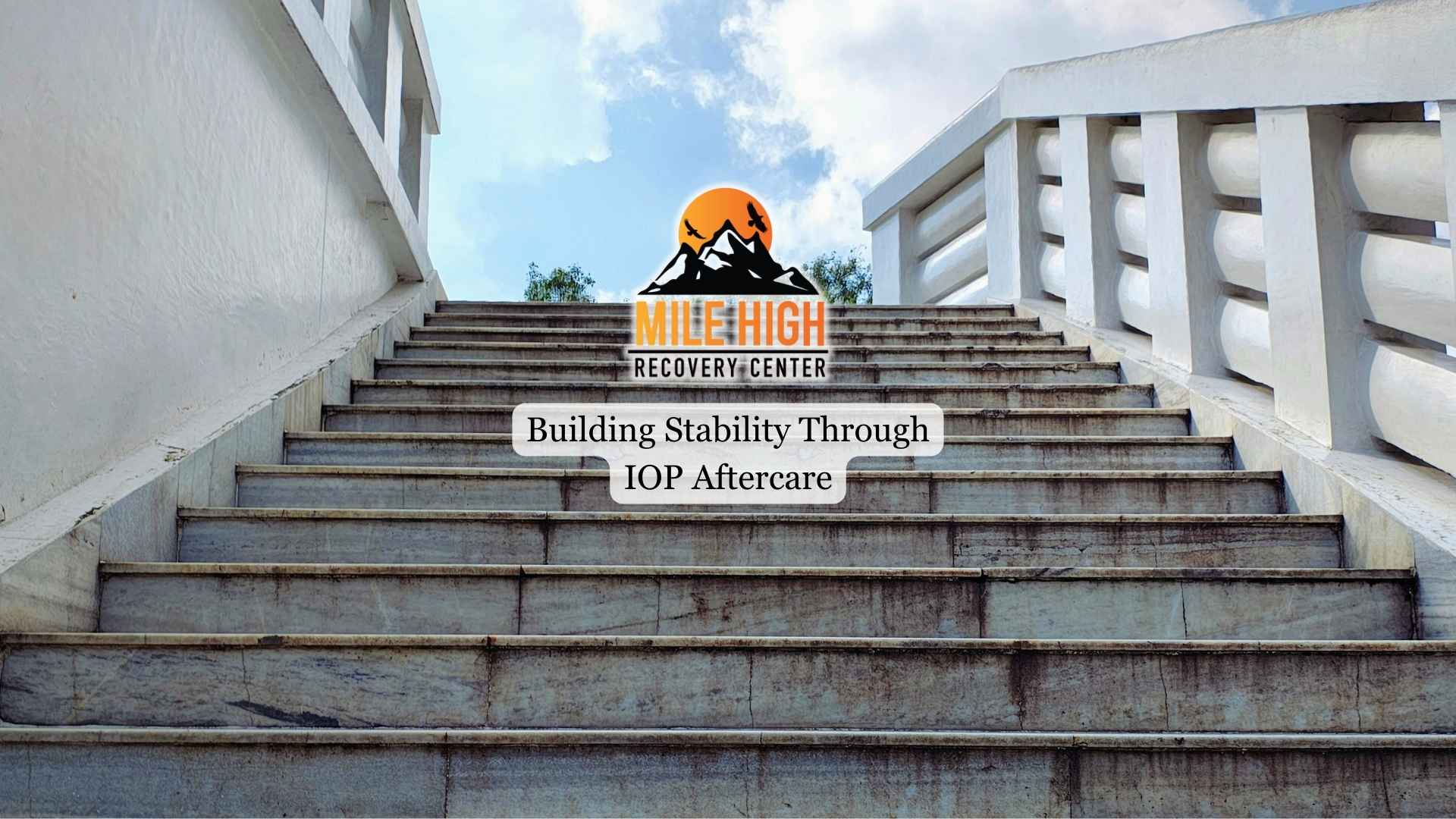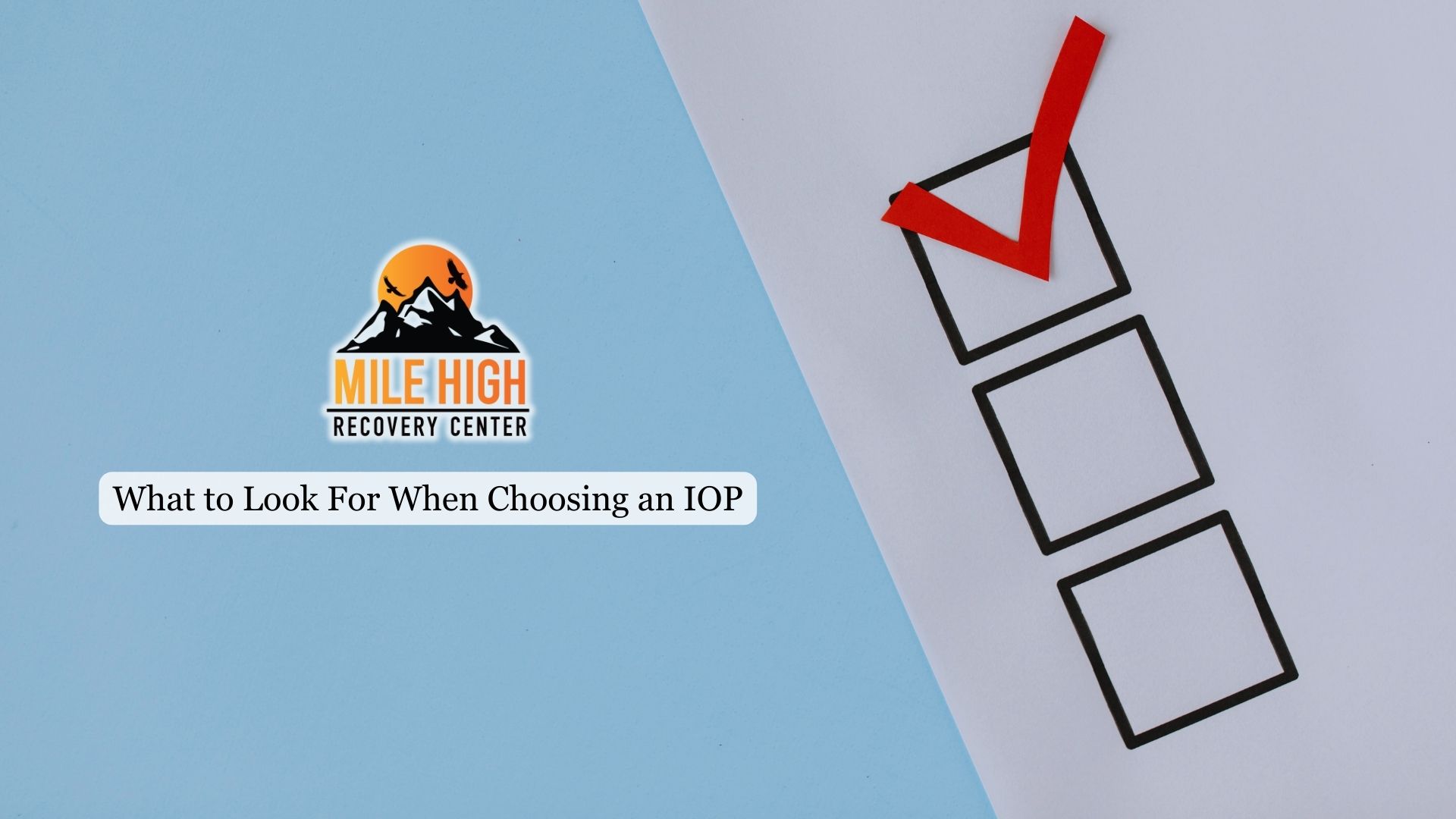The first stages of addiction recovery are often the most challenging, yet they lay the foundation for lasting sobriety. Understanding what to expect during this period can help individuals prepare emotionally and mentally for the journey ahead.
In this article, we’ll explore the early phases of recovery, from detoxification to emotional adjustment, and highlight the key elements that promote long-term healing and personal growth.

Understanding the Early Stages of Recovery
Recovery begins the moment an individual decides to seek help. The early stages are defined by both physical and emotional transformation as the body and mind begin to heal from prolonged substance use. This phase can bring a mix of hope, fear, and uncertainty as individuals confront cravings, mood swings, and fatigue. Yet, these symptoms represent progress as the body restores balance and function after dependency.
Many individuals begin an intensive outpatient treatment program after completing detox to receive structured therapy and clinical support while still maintaining their daily responsibilities. This level of care strikes a balance between professional guidance and personal independence, enabling clients to apply recovery skills in real-world settings. Early recovery during this stage focuses on rebuilding trust in oneself, developing emotional awareness, and establishing healthier routines that support long-term stability and wellness.
Detoxification: The First Step Toward Healing
Detoxification is typically the first step in addiction recovery. During this process, the body clears itself of substances under medical supervision to manage withdrawal symptoms safely. Depending on the type of substance, the detox period can last anywhere from several days to a few weeks. Common symptoms may include restlessness, sweating, nausea, or irritability, but these gradually ease as the body stabilizes.
Detox programs provide medical care, ensuring both comfort and safety. Medications are used to alleviate withdrawal effects and reduce cravings. Beyond physical cleansing, detoxification provides a mental reset, helping individuals regain focus and readiness to engage in therapy, behavioral interventions, and the broader recovery process. Completing detox marks a crucial turning point, as it opens the door to formal addiction treatment that leads to sobriety.
Transitioning into Treatment Programs
The next phase involves substance abuse treatment through inpatient or outpatient programs. This step bridges the transition between detox and long-term sobriety, encouraging accountability and emotional growth.
Inpatient treatment offers a residential setting with 24/7 care and a supportive community, ideal for individuals who require intensive guidance and accountability. Outpatient programs, on the other hand, enable individuals to attend therapy sessions while continuing to fulfill their daily responsibilities at home or work.
Both options integrate evidence-based therapies, educational workshops, and relapse prevention training. This stage focuses on uncovering the root causes of substance use, whether stress, trauma, or mental health issues, and developing healthier ways to cope. Treatment programs also emphasize daily routines and goal setting, all of which help stabilize life after active addiction. These therapeutic activities teach individuals to recognize their triggers, build resilience, and cultivate a sense of empowerment.

Emotional and Psychological Adjustment
Emotional adjustment plays a central role. Once substances are removed, individuals may experience a flood of emotions they may not have felt in years, such as guilt, anxiety, sadness, or even relief. Therapy helps individuals process these emotions in a constructive manner. Cognitive Behavioral Therapy (CBT), for instance, helps reframe negative thought patterns, while mindfulness and stress-management techniques improve self-awareness.
This stage also involves rebuilding mental resilience and learning to manage emotions effectively. It’s common to experience periods of doubt or emotional fatigue, but consistent therapy and peer support can make these transitions smoother. As individuals practice self-reflection and coping strategies, they gradually regain confidence and rediscover purpose. Emotional stability becomes the cornerstone of long-term sobriety.
Building New Habits and Support Systems
Sustaining recovery requires building a new foundation of habits and relationships. In the early stages, individuals learn to replace old, unhealthy routines with healthier ones, such as exercising, eating balanced meals, and prioritizing rest. These practices help restore physical energy and mental clarity. Just as important is establishing a reliable support network.
Participation in peer support groups, community meetings, or counseling sessions fosters accountability and connection. Loved ones can also play a vital role in offering encouragement and understanding. Involving them in therapy helps strengthen communication, rebuild trust, and create a shared understanding of how to support recovery effectively. Creating a lifestyle that includes daily activities, positive influences, and realistic goals empowers individuals to maintain progress and prevent relapse.
Final Thoughts from Mile High Recovery
The first stages of addiction recovery are a time of rebuilding physically, emotionally, and mentally. This period may bring challenges, but it also offers hope and the chance to reclaim one’s life with clarity and purpose. Understanding what to expect helps individuals navigate the process with patience and resilience.
At Mile High Recovery, we offer both residential and outpatient rehab programs in Denver, Colorado, all of which provide therapy, relapse prevention support, and continued accountability as individuals transition from detox to everyday life. We help clients strengthen emotional stability, rebuild relationships, and develop the coping skills needed for lasting sobriety. With compassionate care and professional guidance, our team ensures every client has the tools to sustain sobriety and achieve lifelong well-being.







